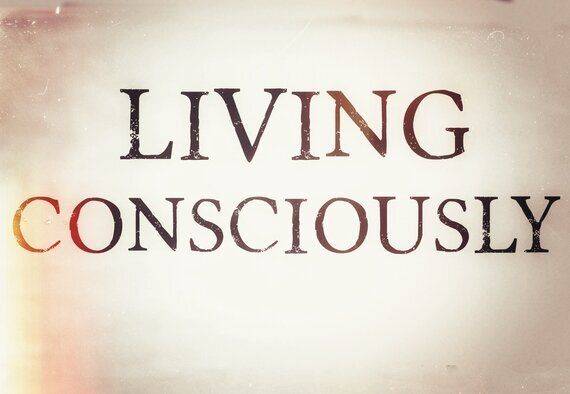For many of us, the period of lockdown has made us look at life in a different way and perhaps embark on new habits or learn new technology. For some it has also brought up fears and one of the ways we can overcome these is to live more consciously.
Living consciously has become a bit of a trend in recent years so what does it actually mean?
Fundamentally, it is about being conscious with every thought and action that we do. That means, being fully present in the moment and not acting from programming in our subconscious mind, so that anything we do has our full and undivided attention.
Problems occur when we act from our subconscious mind and it is believed that most of the time it runs the show about 90 to 95%. That’s quite unnerving when you think of it, because it means that we are only living consciously about 5 to 10% of the time.
When we don’t direct our attention fully to the present moment, we drift through life in a pre-programmed way, in the same way as we would driving from A to B every day, not being consciously aware of the journey in between. We find ourselves making choices out of old habitual patterns, never fully recognising or being conscious of why we make those decisions and it is not until we stop and question our motives that we realise we have been on automatic pilot, perhaps through years of conditioning or our upbringing.
Living consciously comes about through giving our attention to an act 100% of the time, so we are fully involved with it – like tending to your garden and focusing on that, not thinking about anything else but what you are doing in that moment; appreciating the process fully. It is about making focused and deliberate decisions in that moment, rather than through habit. Engaging fully with the matter in hand and making a reasoned and intelligent decision or thought process, not based on past emotions or experiences.
Through living in a conscious way, we come from a much more empowered mindset rather than acting as a victim or robot to past experiences or memories, and engage with our daily tasks and relations from a more emotionally intelligent perspective.






